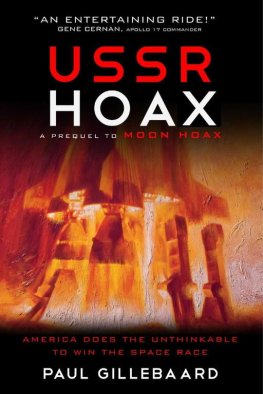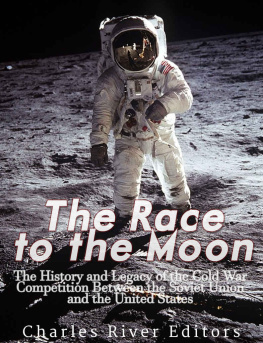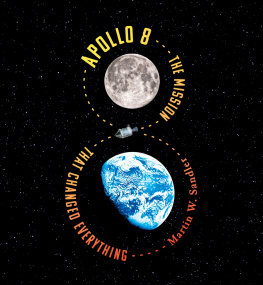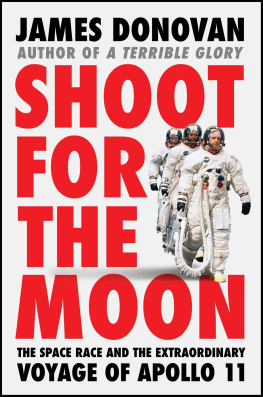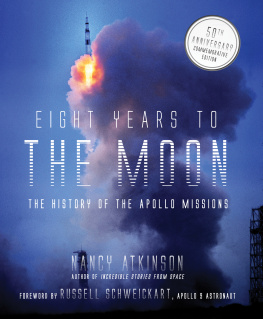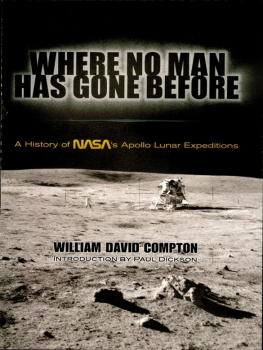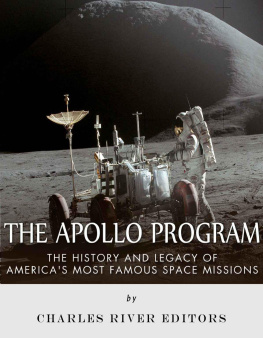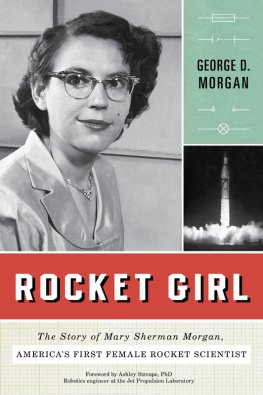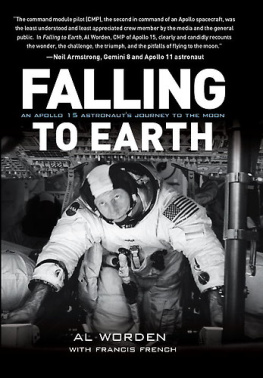Marina Benjamin - Rocket Dreams: How the Space Age Shaped Our Vision of a World Beyond
Here you can read online Marina Benjamin - Rocket Dreams: How the Space Age Shaped Our Vision of a World Beyond full text of the book (entire story) in english for free. Download pdf and epub, get meaning, cover and reviews about this ebook. year: 2003, publisher: Free Press (NY), genre: Religion. Description of the work, (preface) as well as reviews are available. Best literature library LitArk.com created for fans of good reading and offers a wide selection of genres:
Romance novel
Science fiction
Adventure
Detective
Science
History
Home and family
Prose
Art
Politics
Computer
Non-fiction
Religion
Business
Children
Humor
Choose a favorite category and find really read worthwhile books. Enjoy immersion in the world of imagination, feel the emotions of the characters or learn something new for yourself, make an fascinating discovery.

- Book:Rocket Dreams: How the Space Age Shaped Our Vision of a World Beyond
- Author:
- Publisher:Free Press (NY)
- Genre:
- Year:2003
- Rating:5 / 5
- Favourites:Add to favourites
- Your mark:
Rocket Dreams: How the Space Age Shaped Our Vision of a World Beyond: summary, description and annotation
We offer to read an annotation, description, summary or preface (depends on what the author of the book "Rocket Dreams: How the Space Age Shaped Our Vision of a World Beyond" wrote himself). If you haven't found the necessary information about the book — write in the comments, we will try to find it.
In Rocket Dreams, talented young writer Marina Benjamin takes you to those landing sites. A visit with retired astronauts at a celebrity autograph show is a starting point down the divergent paths taken by the pioneers, including Edgar Mitchell, founder of the church of Noetic Sciences. Roswell, NM is a landing site of a different order, the magnetic north of UFO belief--a belief that began its most dramatic growth precisely at the time that the path of the space program began its descent.
Te 3rd law of motion states what goes up must come down. The motive force that energized the space program didnt just vanish; it was conserved & transformed, making bestsellers out of fantasy literature, spawning Gaia & giving symbolism to environmentalism. Everything from the pop cultural boom in ufology to the worldwide Search for Extra-Terrestrial Intelligence (SETI) feeds on energy from the leap toward space.
Rocket Dreams tours this Apollo-scarred landscape, introducing some fascinating characters: Some long dead, like crackpot visionary Alfred Lawson, who saw in space a new stage of evolution (Alti-Man), or Robert Goddard, the father of rocketry, whose workshop in Roswell stands half a mile from shops selling posters of aliens. Others are very much alive--like Stewart Brand, creator of the Whole Earth Catalog & partner with Gerard ONeill in the drive to build free-floating space colonies, & SETI astronomer Seth Shostak, whos spent decades listening to the skies, hoping for 1st contact with another intelligent species. Perceptive, original & wonderfully written, informed by history, science & an acute knowledge of popular culture, This is a brilliant bookt.
Acknowledgments
Introduction
The Skys the Limit
One Small Step
Forever Roswell
Space for Rent
Aliens on Your Desktop
Ground Control to Major Tom
Works Consulted
Index
Marina Benjamin: author's other books
Who wrote Rocket Dreams: How the Space Age Shaped Our Vision of a World Beyond? Find out the surname, the name of the author of the book and a list of all author's works by series.

